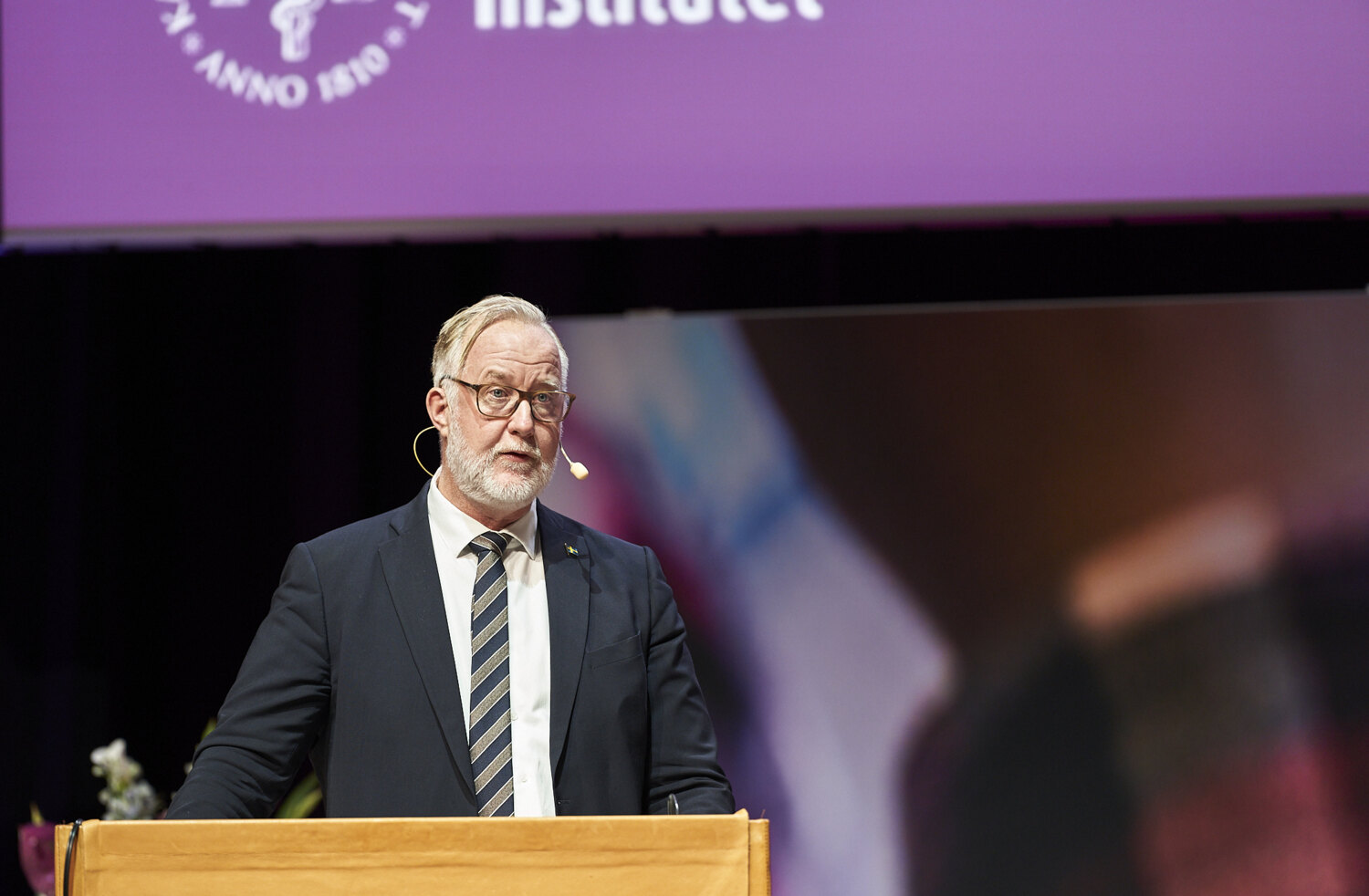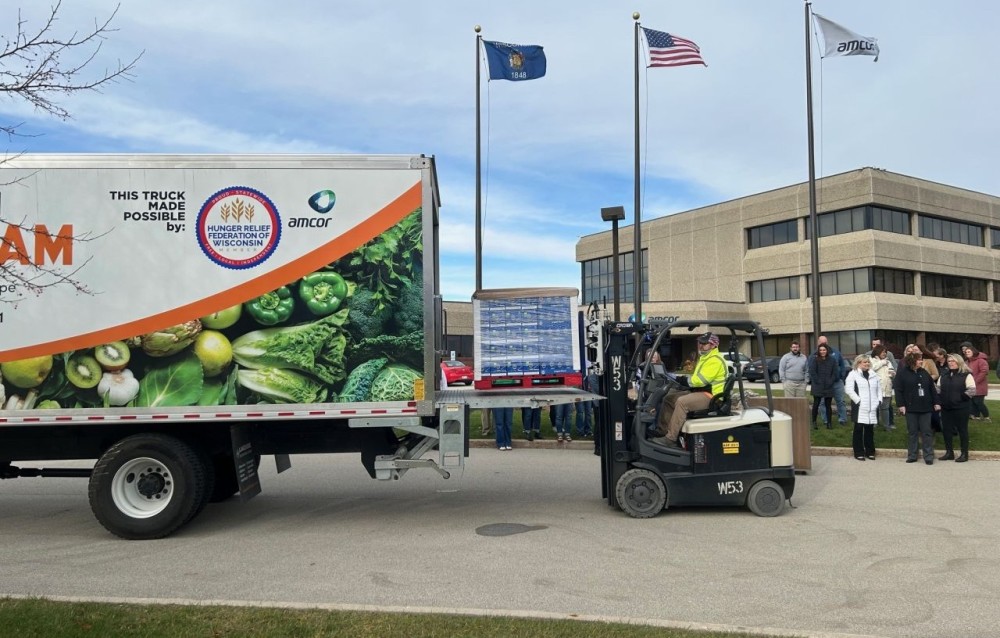A La Trobe University study has shown that providing more opportunities for future nurses, dentists, OTs and paramedics to complete work placements in rural communities could boost Australia’s rural health workforce.
Published in , the study tracked the employment of more than 5,500 graduates of health courses at Australian universities, and showed that place of origin was the strongest predictor of settling in a rural or regional area, followed by location of work placements.
The study found:
- 81.2 per cent of rural or regional origin students end up working regionally, compared to just 16 per cent of their metropolitan counterparts.
- Completing work placement in a rural or regional area increased students’ likelihood of returning to that community after they graduate by two per cent.
- Midwifery graduates from regional areas were most loyal to their place of origin, with 86.6 per cent working in rural or regional communities after graduation, followed by podiatry (80.5 per cent), nursing (76.7 per cent) and occupational therapy (76.4 per cent).
- Nine per cent of work placements occurred in metropolitan areas, compared to 91 per cent in rural and regional areas.
Deputy Dean of La Trobe’s Rural Health School, Associate Professor Melanie Bish said training students in rural communities is critical to addressing Australia’s rural workforce challenges.
“Many of our students say that, once they get out in the communities, and have that hands-on practical experience, they see the deep need for skilled, career-ready graduates – and that inspires them to stay regional after they graduate.
“There’s nothing like helping deliver a baby, or assisting to rehabilitate a stroke patient, in a small regional community where patients would otherwise have to travel for hours to access care, to cement your commitment to your profession,” Associate Professor Bish said.
Associate Professor Bish said attracting regional students to study health-related disciplines is also vital.
“This study shows that if a student comes from a rural or regional background they are 65 per cent more likely to end up working in one of those communities,” Associate Professor Bish said.
“However, we also know that there’s a big gap between the number of country kids who attend university, compared to their metropolitan counterparts. And that’s where we need to step in.
“La Trobe has a range of initiatives – such as our Regional Benefits Program, which offers generous scholarships and support programs to high-achieving regional school-leavers – to entice more to attend university.”
According to the Bureau of Statistics, 18-35 year-olds living in metropolitan Melbourne (53 per cent) are two to three times as likely as those living in regional areas (13-27 per cent) to hold a Bachelor Degree or higher.*
*2016 Census data,








